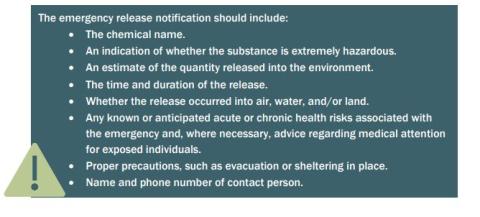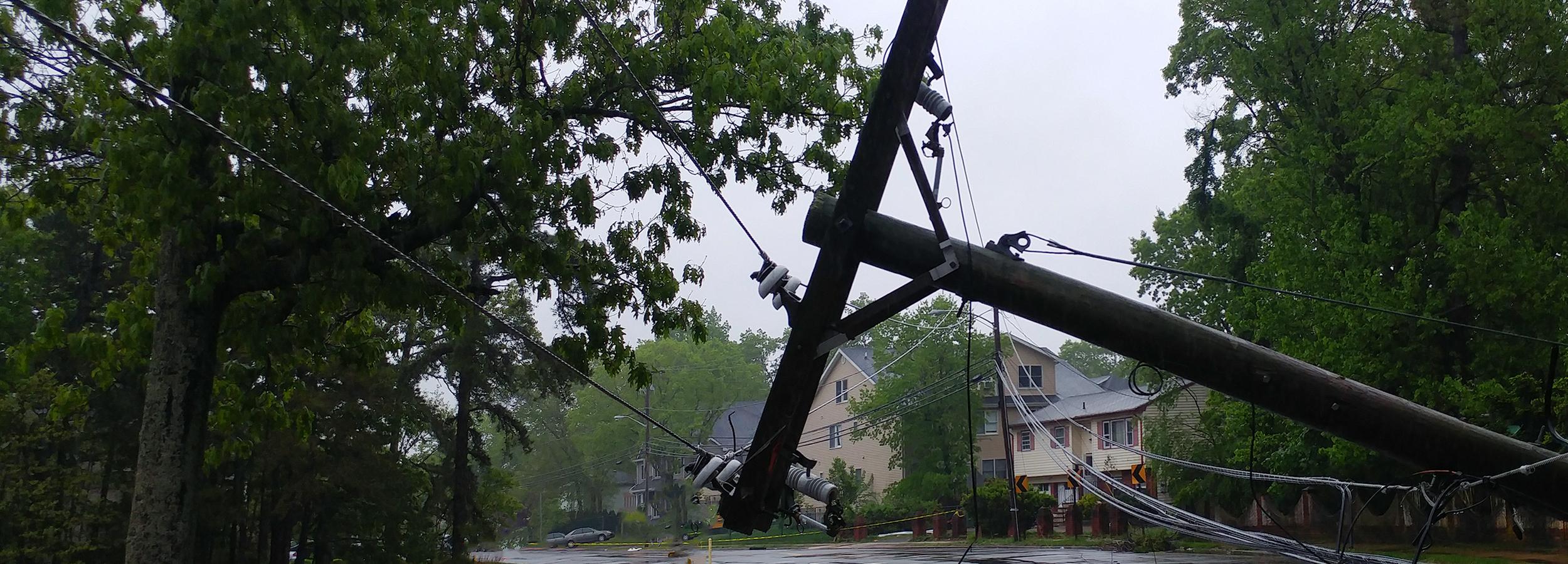Local Emergency Planning Committees (LEPC) were established under the Emergency Planning and Community Right-to-Know Act of 1986. The role of the LEPC is to form partnerships between government and industries as a resource for enhancing hazardous materials preparedness.
The Macomb County LEPC was established to:
- Develop local emergency response plans to serve as a supplement to the County's Emergency Operations Plan.
- Provide, under community-right-to-know requirements, a forum for the public to access local hazardous chemical information.
- Manage the collection, storage and dissemination of data required to implement these tasks.
This includes assessing capabilities and developing hazmat response capability using local resources, mutual aid and contractors; training responders; and exercising the plan.
The following groups are represented on the LEPC:
- State and local officials
- Police, fire, civil defense, and public health professionals
- Environment, transportation, and hospital officials
- Facility representatives
- Representatives from community groups and the media
It is necessary for industries to be a part of that planning process to ensure facility plans are compatible with local emergency plans. Every regulated facility is responsible for:
- Identifying a facility emergency coordinator.
- Reporting hazmat inventories annually to the LEPC, State Emergency Response Commission (SERC), and local fire department.
- Providing material safety data sheets (MSDS) or a list of hazardous chemicals.
- Allowing local fire departments to conduct on-site inspection of hazmat facilities.
- Providing an annual report of toxic chemicals released to EPA and the state.
More than 400 facilities have been identified in Macomb County that manufacture, use, or store one of the more than 1,450 regulated hazardous substances. Of these, 153 have been categorized as facilities that manufacture, use, or store extremely hazardous substances (EHS). In Macomb County, the most commonly found EHS chemical is sulfuric acid.
The Macomb County LEPC meets quarterly. LEPC meetings are conducted in compliance with the Michigan Open Meetings Act and the Americans with Disabilities Act. LEPC Meetings are public and any interested community members are welcomed.
2024 Meeting Schedule:
March 12, 2024, at 10:00am
June 11, 2024, at 10:00am
September 10, 2024, at 10:00am
December 10, 2024, at 10:00am
Meeting location: Macomb Community College – East Campus (21901 Dunham Rd. Clinton Township, MI 48036).
For more information regarding the Macomb County LEPC, or to request an application form to join our committee, please contact Emergency Management at 586-469-5270 or email us at: mcoem@macombgov.org
2024 Notice of Public Availability (Public Notice)
Facilities must immediately notify the LEPC and SERC if there is a release into the environment of a hazardous substance that is equal to or exceeds the minimum reportable quantity set in the regulations. This requirement covers the 355 EHSs as well as over 770 listed hazardous substances subject to the emergency release notification requirements under CERCLA Section 103(a) (40 CFR 302.4). Some chemicals are common to both lists.
Emergency release notification requirements involving transportation incidents can be met by dialing 911.
A written follow-up notice must be submitted to the SERC and the LEPC as soon as practicable after the release. The follow-up notice must update information included in the initial notice and provide information on the actual response actions taken and advice regarding medical attention necessary for citizens exposed to the released chemical.

Tier II Manager
Tier II Manager is a used to manage the process of meeting SARA Title III, Emergency Planning and Community Right-to-Know (EPCRA) reporting, oversight and emergency response needs. Tier II Manager provides compliance administrators at the state/LEPC levels and first responders at the state/county/city levels with real-time access to critical hazardous chemical inventory and facility information.
SARA Title III - Tier II reporting deadline is March 1.
If you are a user or facility and need to access the Tier II Manager program, please click here.







